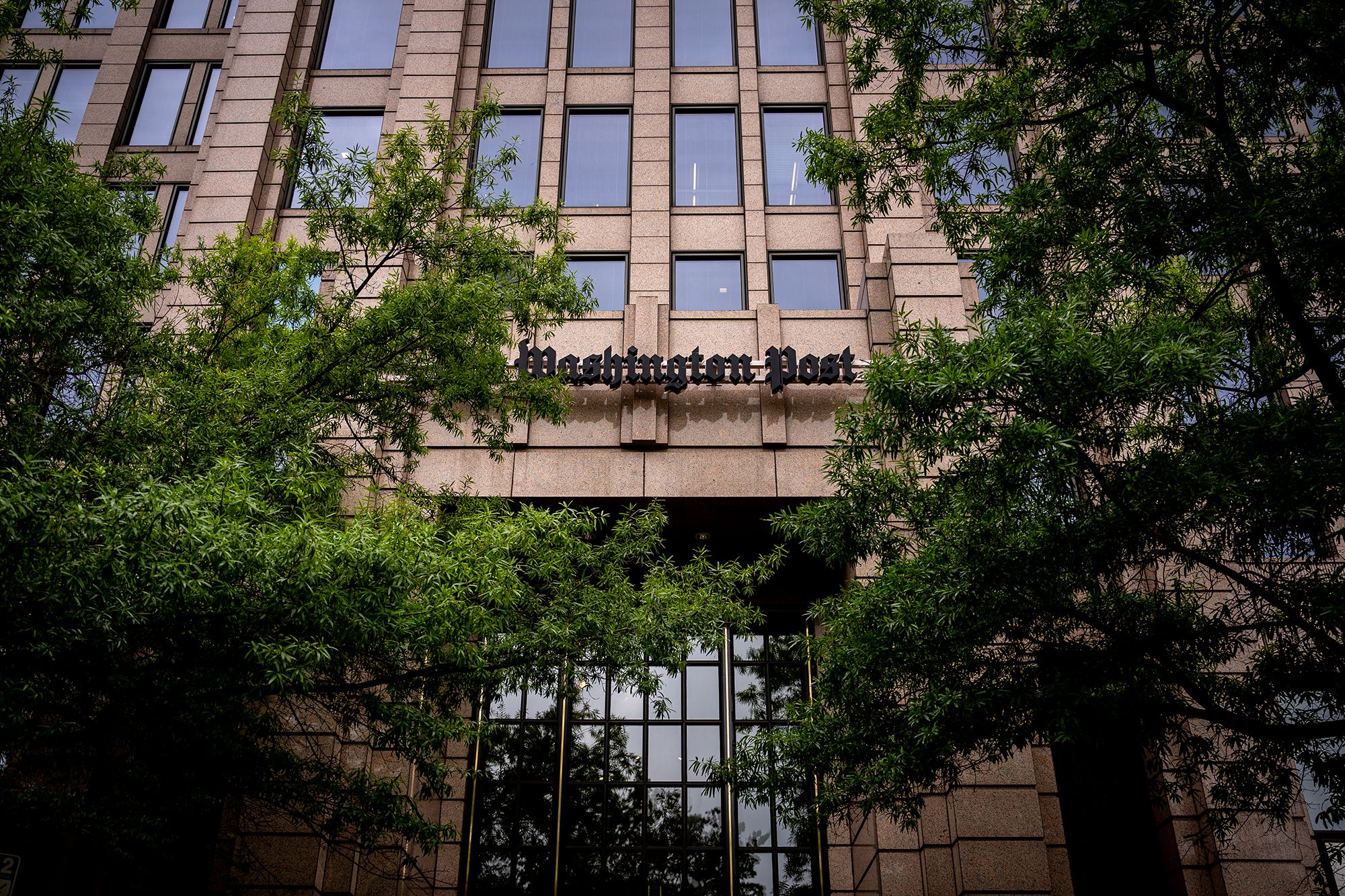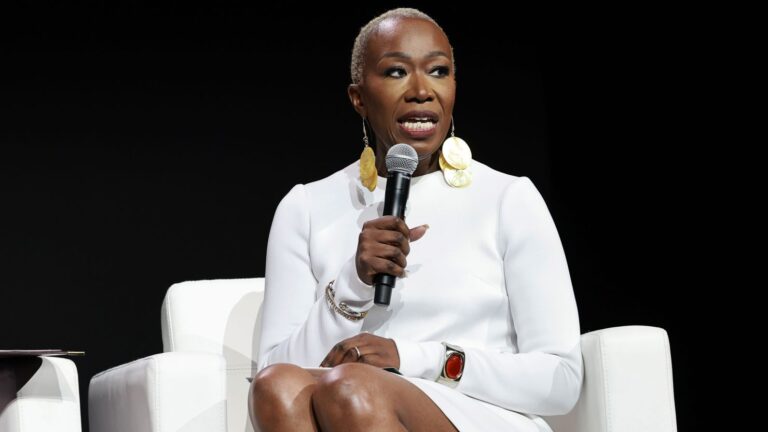Table of Contents
Washington Post will not Support any Candidate
The Washington Post’s publisher announced Friday that, after many years, the newspaper will not be endorsing a candidate in the upcoming presidential election, causing uproar among the staff.
“The Washington Post will not be making an endorsement of a presidential candidate in this election. Nor in any future presidential election,” Post publisher Will Lewis said in a statement. “We are returning to our roots of not endorsing presidential candidates.”
According to two sources, The Post’s billionaire owner and Amazon founder Jeff Bezos made the decision not to endorse.
According to a source familiar with the situation, The Washington Post’s editorial team had prepared an endorsement of Vice President Kamala Harris that was awaiting approval from the board, but the draft was not ultimately shown.
“Many on the editorial board are surprised and angry,” the person said.
Since the 1980s, The Post has given its endorsement to a presidential candidate in every election. In his comment, Lewis mentioned the Editorial Board’s previous choices of not supporting a candidate, stating that it is a right “we are going back to.”
“We recognize that this will be read in a range of ways, including as a tacit endorsement of one candidate, or as a condemnation of another, or as an abdication of responsibility. That is inevitable,” Lewis continued. “We don’t see it that way. We see it as consistent with the values The Post has always stood for and what we hope for in a leader: character and courage in service to the American ethic, veneration for the rule of law, and respect for human freedom in all its aspects.”
Newspaper owners usually influence their publication’s endorsements and approve the editorials, which are considered a representation of their opinions.
A journalist at the Post informed CNN that the Harris campaign did not participate in discussions with the editorial board during the endorsement procedure. Another source from the Post reported that the newspaper attempted to arrange meetings with both campaigns, but did not succeed in meeting with either candidate. A representative of the newspaper declined to provide a statement.
Before Friday’s announcement, David Shipley, the Post’s editorial page editor, informed staff that Lewis would release a public statement regarding the decision.
“The news is significant – and I know there will be strong reactions across the department,” Shipley wrote.
Robert Kagan, who holds the position of editor-at-large at the Post, informed CNN that he had quit his job at the newspaper due to Bezos’s choice to prevent the endorsement. The decision was swiftly criticized by Marty Baron, the former executive editor of The Washington Post who oversaw the newspaper’s reporting on the January 6, 2021, assault.
Baron on Social Media
“This is cowardice, with democracy as its casualty. Donald Trump will see this as an invitation to further intimidate owner Bezos (and others),” Baron made a statement on social media. “Disturbing spinelessness at an institution famed for courage.”
Under Baron’s leadership, the newspaper received a Pulitzer Prize for its reporting on the attack on the US Capitol, which it labeled as an “chief lobbyist.”
Throughout Trump’s time as president, he was well-known for clashing with Bezos, particularly in relation to Amazon. Trump labeled the Washington Post as “The Fake News Washington Post” and criticized it as Amazon’s “main advocate.”
Trump made a direct accusation that Amazon does not pay sufficient taxes and exploits the US Postal Service. The $10 billion cloud computing contract between Amazon and the Pentagon was also rejected by the Trump administration, believed to be a form of retribution against Bezos for the Washington Post’s coverage.
According to Baron’s book “Collision of Power,” Bezos was the one who played a key role in choosing the Post’s slogan “Democracy Dies in Darkness” during the time of Trump.
However, Bezos’s choice not to support any candidate in the 2024 election surprised and angered some employees in the editorial department of the Post, according to sources at the Post who spoke to CNN. One of the writers expressed anger, suggesting that staff members were thinking about signing a public letter to condemn the decision.
Someone else referenced The Post’s catchphrase and stated, “Democracy perish not when hidden, but when individuals preemptively yield to a dictator’s desires.” Other employees at The Washington Post openly showed their disappointment.
David Maraniss, Editor, Remarks
“The paper I’ve loved working at for 47 years is dying in darkness,” David Maraniss, an editor who won the Pulitzer Prize, stated in a post on social media.
Another journalist from The Washington Post, who requested anonymity, expressed conflicting emotions regarding the choice.
“I’m glad the Post isn’t going to endorse anymore. But, what an awful time and way to roll that out,” the person said. “If you’ve read the Post for the last few years and all the facts the news side has uncovered, I’m not sure you need the editorial board to tell you what to do.”
Just a few days after the owner of The Los Angeles Times, Patrick Soon-Shiong, prevented the newspaper from endorsing Harris, three editorial board members resigned in response to the decision.
Major American newspaper conglomerates have also reduced their support for presidential candidates in the past few years. McClatchy and Alden Global Capital, the owners of numerous newspapers nationwide, have discontinued the practice. Earlier in the year, the New York Times stated it would stop supporting local races, but it eventually supported Harris as “the sole patriotic option for president.”
On Friday, Harris was also endorsed by the Philadelphia Enquirer and Houston Chronicle.
“America deserves much more than an aspiring autocrat who ignores the law, is running to stay out of prison, and doesn’t care about anyone but himself,” the Inquirer editorial board wrote.
Also Read: Joe Lycett Becomes a Father








